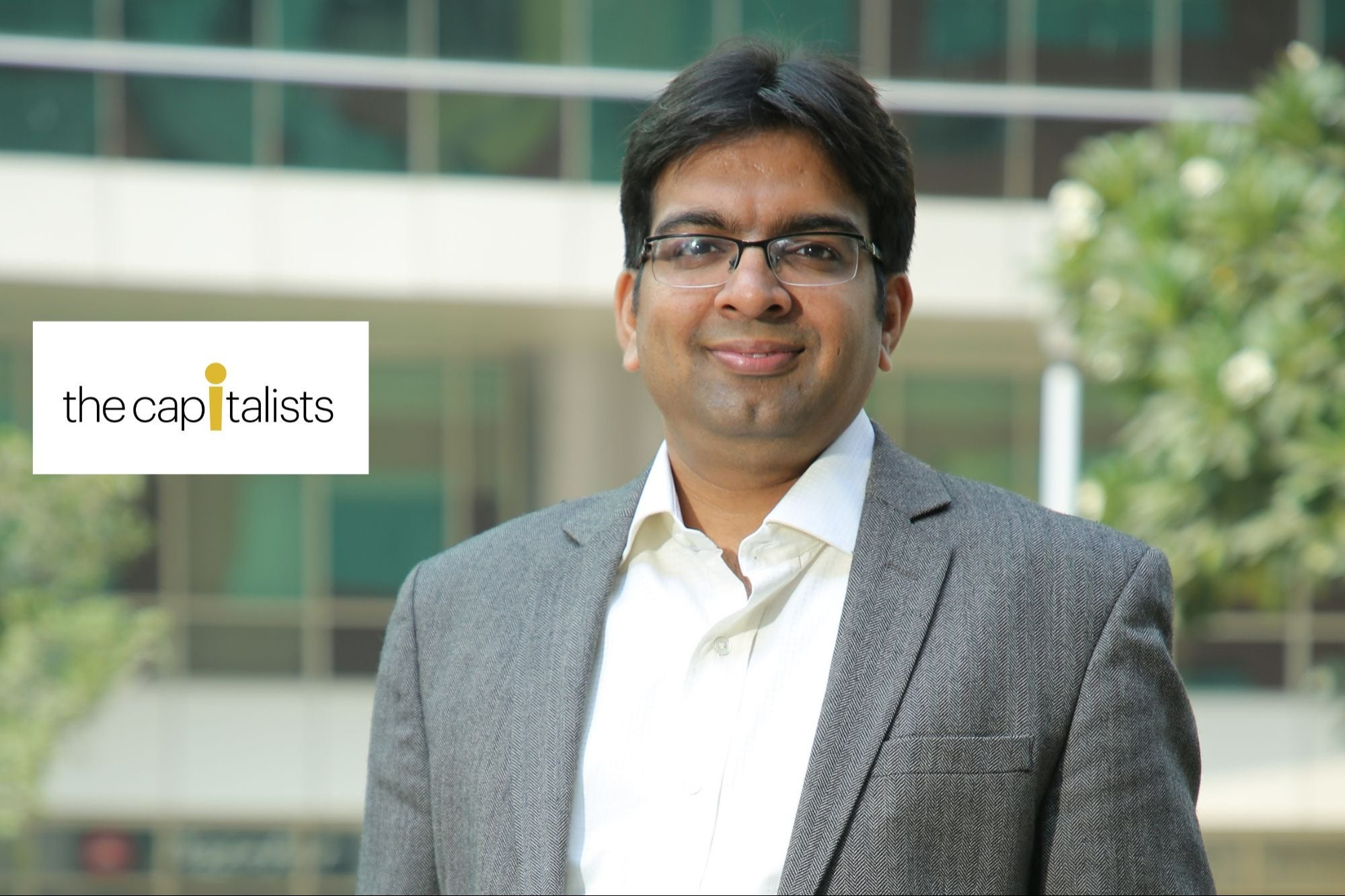India's 21st Century Education ImperativeWhile India's tertiary education sector remains among the largest in the world, only 1 out of 10 young people, overwhelmingly from affluent families, acquire a higher education and we havee the answer to this problem
ByHarjiv Singh•
Opinions expressed by Entrepreneur contributors are their own.
You're reading Entrepreneur India, an international franchise of Entrepreneur Media.

Each year, over 20 million students enrol for a graduate degree in India. But as the quality of education in these institutions differs, the race to join the country's top academic institutions is intense. In fact, with an acceptance rate of only 0.7per cent, IIT JEE has earned the reputation of being the toughest entrance exam in the world.
Concerns over the quality of education have not been helped by a rote learning model and poor school management, which are eroding student learning outcomes. In fact, the 2017 ASER report underlines that while enrolment in secondary education has doubled over the last decade, children still lack foundational skills. The report highlights that as many as 27per cent of school children in grade eight could not read at the level of a grade two student and 57per cent could not even solve elementary mathematical problems.
And while India's tertiary education sector remains among the largest in the world, only 1 out of 10 young people, overwhelmingly from affluent families, acquire a higher education. In these circumstances, as the world moves to a new skills economy driven by digitization, it becomes essential for India to reassess its twenty-first century education imperatives.
What Ails the Education Sector in India?
In the era of AI, where expertise in new technologies is rapidly outdated, the education sector must constantly evolve new skill paths that enable nations to bring the benefits of technology to its citizens. As information brokers, fusion engineers, and robot mechanics become the most sought-after skills, the need of the hour is for courses that are relevant to the new digital world. Further, in a country where as many as 53per cent of graduates have been categorized as being unemployable, the focus must finally shift from churning out graduates to delivering employability.
The success of Germany's Vocational Education and Training System is a case in point. Its unique apprentice system, which provides for only 20per cent of theoretical learning, trains young people in almost 350 recognized occupations and guarantees them employment at the end of the course. The result—an unemployment rate of just 5.2per cent, which is half the statistic for Europe.
Yet, in India, only 5per cent of young people in the 14-18 year age group participate in vocational training. Subsequently, youth who have not been skilled for the new economy find their way into the unorganized sector that accounts for 95per cent of the employment generated within the country.
To achieve success in creating employment opportunities for the young, as experienced in countries like Germany, India will not just need to reorient its educational system to focus on creating employable graduates but will also need to address its current deficit of quality teachers across all levels.
Taking India to the New Skills Economy
If India is to successfully reorient its educational system to meet its twenty-first century education imperatives, several immediate reforms are the need of the hour. First, the branding and execution of vocational programs must be significantly altered, so that these are at par with the outstanding standards demonstrated by countries like Germany. Second, efforts to decentralize education must be given a fresh impetus. Third, evaluation parameters will have to move from measuring quantity to gauging quality.
Today, India faces a strange paradox. On one hand, with 50per cent of its population below the age of 25, its young population could be the fuel that drives India's economy. On the other hand, with the highest number of illiterate adults in the world, it is in no position to leverage this unique advantage. Clearly, while India could have the highest number of young people in the world, it's most important challenge will be to make these youth employable to fulfil its twenty-first century education and learning imperatives.











